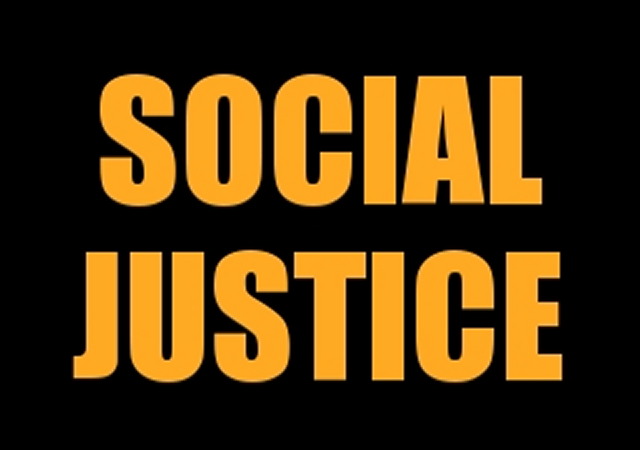Princeton Prof Slams School President for Blind Devotion to Social Justice
“principles that are in serious conflict with one another”

To his credit, Sergiu Klainerman praises the school president for his dedication to academic freedom.
He writes at Tablet Mag:
Princeton’s Mixed-Up President Discards Free Speech and Demonizes Its Defenders
Say what you want about Christopher Eisgruber, the president of Princeton University—he is a principled man. The problem is that he holds principles that are in serious conflict with one another. In this, he is not alone: Most people hold contradictory views on complicated matters. But because Eisgruber is the leader of one of the top universities in the world, where I have taught mathematics for 35 years, his confusion has real consequences.
To his credit, Eisgruber sincerely believes in academic freedom, a fact that explains why Princeton was the first educational institution, after the University of Chicago, to adopt the so-called Chicago Principles of free expression. However, he also quite sincerely holds the belief, consistent with the progressive view, that a main goal of the university is to advance “social justice”—a principle whose advocates proclaim it to be of urgent and totalizing importance. In holding these two beliefs together at the same time, Eisgruber may be demonstrating the power of a first-rate intelligence, which, as Princeton dropout F. Scott Fitzgerald once wrote, shows the “ability to hold two opposing ideas in mind at the same time and still retain the ability to function.” He is perhaps also in danger of becoming a comic opera character in the middle of an unfolding tragedy that threatens the foundations of higher education in the United States.
Social justice sounds appealing and may well be worth pursuing in a variety of institutional settings, universities included—provided we all agree on what social justice means and that bringing it about is not incompatible with the more obvious, traditional goals of academia, namely the creation, preservation, and transmission of truth and beauty. This is the true telos of a university, and it is inconceivable in the absence of free speech.
But social justice is another matter altogether.
 DONATE
DONATE
Donations tax deductible
to the full extent allowed by law.








Comments
The definition of “social justice” changes every day, because it’s not a real thing. It’s just a slogan intended to fool the weak minded into thinking they are on the side of good.
“Social justice,” like “common-sense gun laws,” is just a shorthand for “whatever we want right now, which may change later.”
…but, but, but…but I thought it means discriminating against previously protected (reads: whitey) classes in the name of diversity, equity, and inclusion?
Eisgruber appears to be channeling the Queen in Through the Looking Glass:
“Sometimes I’ve believed as many as six impossible things before breakfast.”
He is already up to believing two or two or three mutually impossible things. Three more shouldn’t be much of a stretch. Like “equity” in physics and math without watering them down. Or maybe “equity” in admissions and faculty hiring without having to resort to racist discrimination. Or maybe the elimination of free speech by requiring political “Diversity Statements” of new faculty to eliminate all the conservative and moderate applicants.
One interesting violation of freedom of speech is compelled speech. Please read this webpage on land acknowledgements: https://inclusive.princeton.edu/initiatives/building-community/native-american-indigenous-inclusion/land-acknowledgements